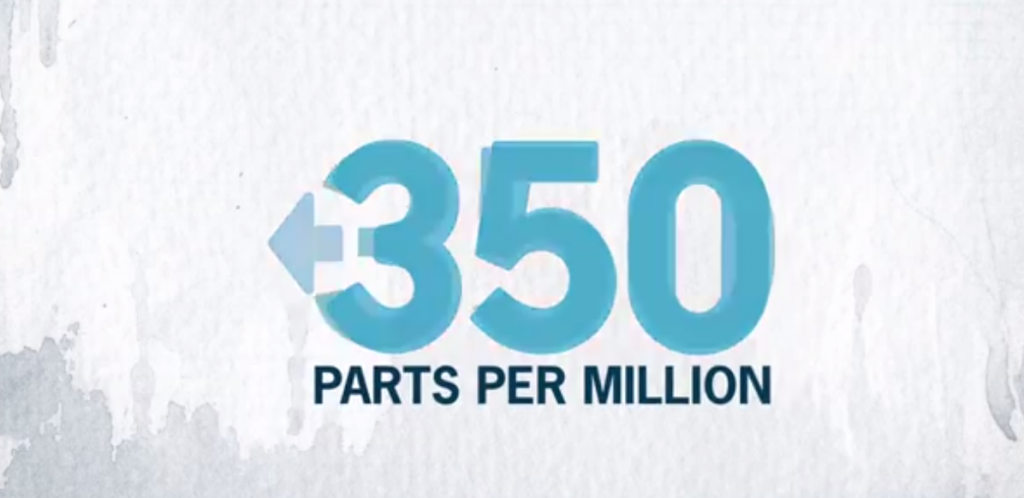
Classroom activities
Here you’ll find some practical ideas for working with the clip. Choose the ones that suit your teaching aims, particular group of learners, your teaching style, and then plan your own lesson.
PRE-VIEWING ACTIVITIES
‘Unjumble the sentence’
Ask your students to unjumble the sentence; figure out the right order of the words. You can write the words on the board or dictate it to them. Ask them not to shout in the solution, just raise their hands if they’ve got it. Wait till most of your students have got it.
keeping records / 2012 / in the United States / since / was the hottest year / started / scientists
Solution: 2012 was the hottest year in the United States since scientists started keeping records.
Tell your students that this is one of the key sentences in the clip they’re about to watch. What do they think it will be about?
‘Reflect and Share’
The aim of this activity is to explore what activism and being an activist means. Ask your students to think individually about the following questions, then discuss them together.
- What is the root of the word ‘activist’?
- What does it mean?
- Can you think of some activists? Is being an activist their full-time job?
- What professions do you associate with activism?
‘Predict from the title’
Tell your students that they’re about to watch a trailer for a movie called ‘ Do the Math‘. Put them in pairs and ask them to predict what the film will be about. Then take some feedback in plenary.
POST-VIEWING ACTIVITIES
‘I will (not) watch this film because …’
Ask your students if the trailer has raised their interest in seeing the whole film. Ask them to choose one of the sentence beginnings and complete it in writing:
- I will watch this film because …
- I will not watch this film because …
Then ask them to share their sentences in small groups. Finally, students signal with a show of hands how many of them would like to or not like to see the whole film giving reasons.
‘Key lexis’
One by one call out the following vocabulary items and ask your students to recall how they came up in the clip, what the context was. Write the ones that they are not sure about on the board. Then watch the clip again and ask your students to make a mental note of the context / sentence in which the words are used.
wreck / industry / rogue force / calamity / compatible / caves / lock / tar sands / bankrupt / subsidize / tipping point
‘Follow-up Questions’
Tell your students to image that they’re about to watch the whole film. Ask them to formulate three questions they would like to get answers to. They write their questions on slips of paper.
When everyone has got their three questions, ask for a volunteer to read out one of his/her questions. If a student has something similar, they are the one to read out another question. If nobody has a similar question, the student sitting next to (or on the right side of, behind etc.) continues. This goes on as long as their are slips with questions.

1. Ask students if they can imagine a life in a low-energy world a ‘post-carbon’ civilization. Introduce students to the Post Carbon Institute a lot of interesting thinking there postcarbon(dot)org
2. Some scientists say continuing with a high energy life style is leading to catastrophe but alternatives that can work have a ‘snowball’s chance in hell’ at this point this is a good metaphor to teach students
3. On youtube, two movies your students can watch are THE AGE OF STUPID and WHAT A WAY TO GO: LIFE AT THE END OF EMPIRE the second film is very informative About the ‘slippery slope’ we are already walking on, and have for decades
4. ‘the people of Empire devouring the world’ is the way someone puts it in the WHAT A WAY TO GO movie Can students imagine a post-carbon low-energy lifestyle? Much less electricity no cars no airplanes few trains goodbye supermarkets goodbye plasma TV goodbye Internet goodbye World System
Can students imagine a post-industrial world? That is the question DO THE MATH is implicitly asking. The changes necessary are extremely radical.
5. ‘Nature is a hard taskmaster’ says one scientist in WHAT A WAY TO GO. Ask students what that can mean, even in simple ways in everyday life.
6. ‘Why have we not already awakened?’ is a question one commentator asks in WHAT A WAY TO GO a good even ‘cosmic’ question DO THE MATH(s) also is asking. Some of us think the big corporations (not just for fossil fuels) strive to keep us asleep.
I was googeling for ocean energy turbine and came across your Do the math | Global Issues SIG page. My biggest concern is green energy, unless we stop using oil the earth is going to be in serious danger.
We are amazed engineers are not looking at using more renewables like Marine Energy like Crowd Energy LLC. If we dont solve this problem today its going to get out of control.
Cheers, Derks